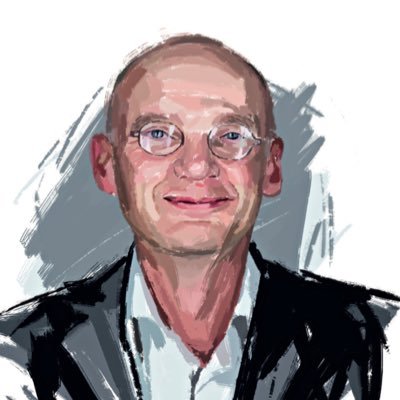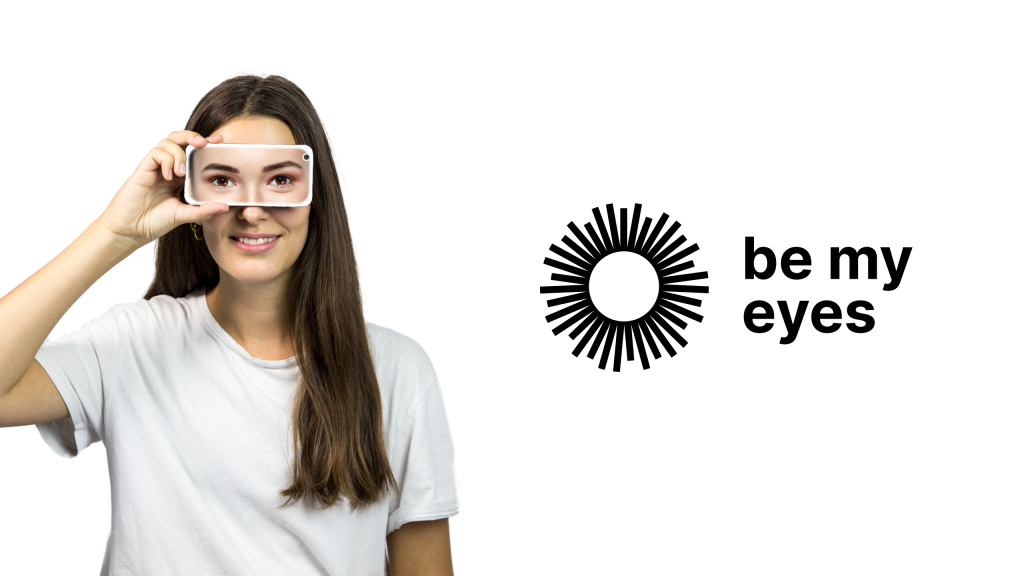
My first insight into the world of blindness was in Year 7 when the Sheffield Royal Society for the Blind came into school and talked about their work. As part of a fundraising activity we had a sponsored read to help raise funds for the charity. The content of that talk has stayed with me, especially when thinking about the daily challenges faced by many blind people. During the various coronavirus lockdowns I have read articles about how difficult it has been for blind people to judge social distance as they are unable to use visual clues such as signs or markers, and their guide dogs don’t understand social distancing rules. This has led to some blind people being verbally and even physically abused which is shocking. All of this can make it very difficult to make essential journeys or to take exercise, and has had a big impact on the independence and confidence of many blind and low-vision people. However, recently a family friend has lost his sight and it’s the small day to day things that he finds most challenging and which is the biggest threat to his independence.
So I was really interested to explore how technology can help and came across an amazing app called Be My Eyes founded in Denmark in 2012 by Hans Jørgen Wiberg, a Danish furniture craftsman who is visually impaired. He first had the idea of Be My Eyes when a blind friend told him that he used video calls to connect with family and friends, who could then help him with simple tasks that he couldn’t do by himself. His vision was that video call technology could be used to visually assist blind or low-vision individuals, using a network of global volunteers instead of relying on friends and family.
In April 2012, Hans Jørgen presented his idea at a Danish start-up event and in January 2015, the Be My Eyes app was released for iOS. The app had more than 10,000 users within the first 24 hours of release.
In December 2017 Be My Eyes was chosen as Google Play Best Apps of 2017 in the categories; “Most Innovative”, “Best Daily Helper” and “Best Hidden Gem”, and in May 2018 Be My Eyes won the Google Play Award 2018 for “Best Accessibility Award”.
By 5 August 2021, 5 million volunteers had signed up to help assist blind and low-vision users. Be My Eyes users can request assistance in over 180 languages making the app the biggest online community for blind and low-vision people as well as one of the largest micro-volunteering platforms in the world.
- The free mobile app automatically creates a video link between a blind or low-vision user with a sighted volunteer from all over the world; a definite advantage over Skype or Facetime.
- If the volunteer is unable to take the call, a new connection is automatically made to another volunteer.
- The versatility of this app allows volunteers to offer their assistance whenever they have time – from anywhere, at any time.
Every day, volunteers sign onto Be My Eyes to lend their sight to blind and low-vision individuals to tackle challenges and solve problems together.
Using the app enables users to contact volunteers to help solve tasks like:
- reading labels.
- checking expiry dates on food.
- checking settings on electronics.
- reading cooking instructions.
When I initially set out to investigate the use of technology in helping blind and low-vision people I never imagined I would discover an app as versatile and inspirational as Be My Eyes. In reading more about it, I feel more aware of the issues faced by blind and low-vision people and know that there are ways that they can find assistance. The app’s use has proven to be invaluable during the pandemic with social distancing and social isolating rules in place, and it has helped to fulfil the Be My Eyes goal: “to make the world more accessible for blind and low-vision people”.
About Post Author
Rebekah @ Sheffield Girls'
Hi, I’m Rebekah and I’m in Year 11. I am a Digital Leader and a Google Certified Educator Level 1. I have represented the school in Robotics Challenge Days at Rolls Royce in Derby and at the National College for Advanced Transport & Infrastructure in Doncaster. I’ve been involved with many STEM activities and have been awarded the Bronze and Silver CREST awards. I also graduated as an Industrial Cadet participating in the Go4Set scheme. I enjoy playing the violin and I am part of the school ensemble. I enjoy hill walking, cycling and baking cupcakes 🙂

An excellent article, Rebekah, and one that strikes a chord with me. Many years ago I worked as a resident counsellor at a college for young blind students. I would walk with them, read their letters to them, read books onto tape and generally be their eyes. I also bought a tandem bicycle so that we could go riding around the country lanes – usually I was on the front seat!
You were clearly affected by the visit to your school of the Sheffield Royal Society for the Blind and it is very sensitive of you to think more deeply about the difficulties that blind people face each day. Your piece vividly highlights the extreme sense of isolation and separation experienced by many blind people and especially in the recent years of having to remain indoors and often alone for long periods of time. Your thinking has led naturally to you asking ‘How can technology help?’
Over recent years there have been some superb technological developments to aid the blind and others with other life-limiting conditions. Be My Eyes is a remarkable, but seemingly quite simple and obvious, app which is likely to transform life for many people. It is a really innovative use of video-call technology. Let’s hope that it continues to grow, recruit more volunteers and develop to reach more people. Articles and exposure like yours will surely help to make that happen.
Thank you very much for your comment Mike. A really interesting insight into your own personal perspective. I’m really pleased you enjoyed the article.